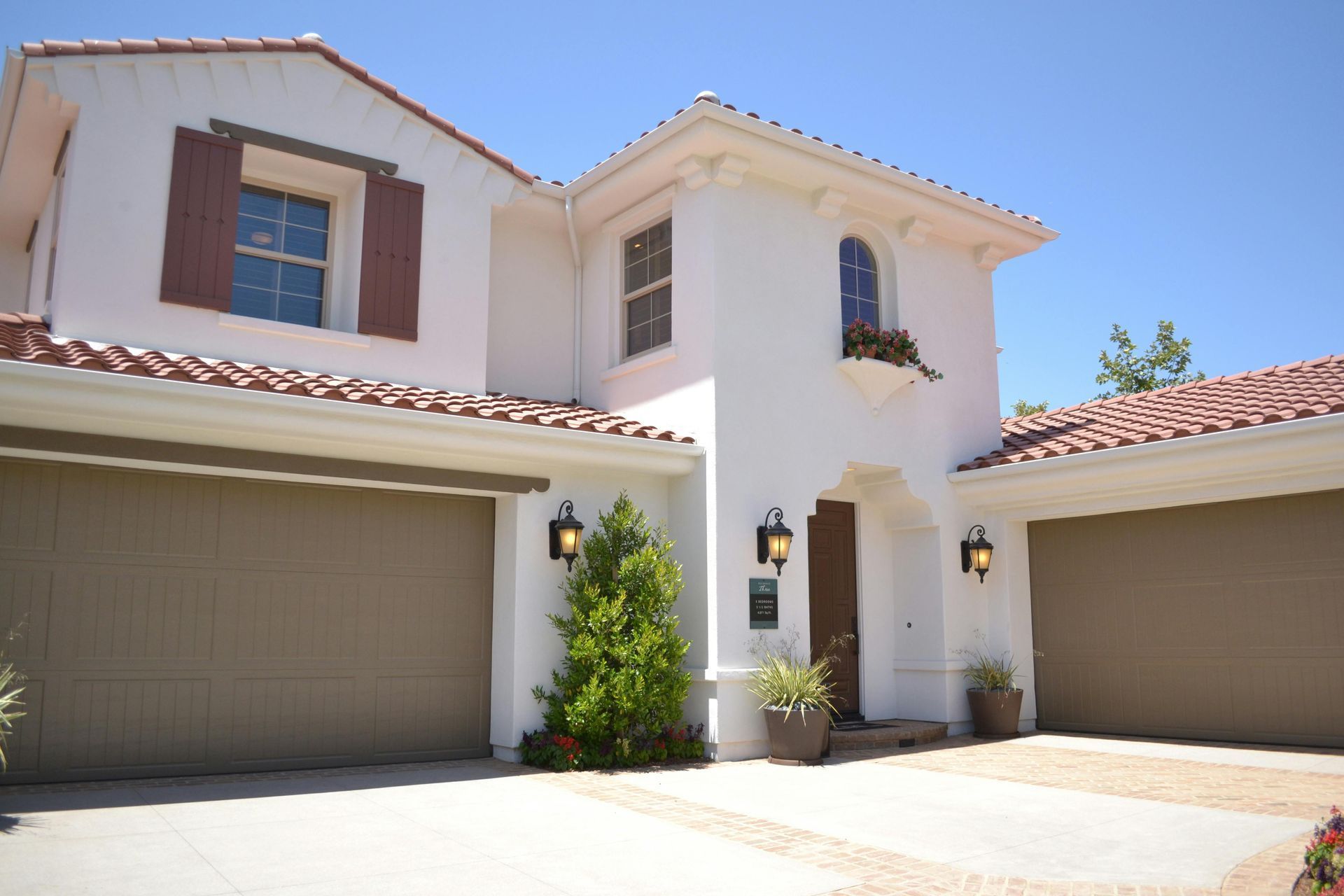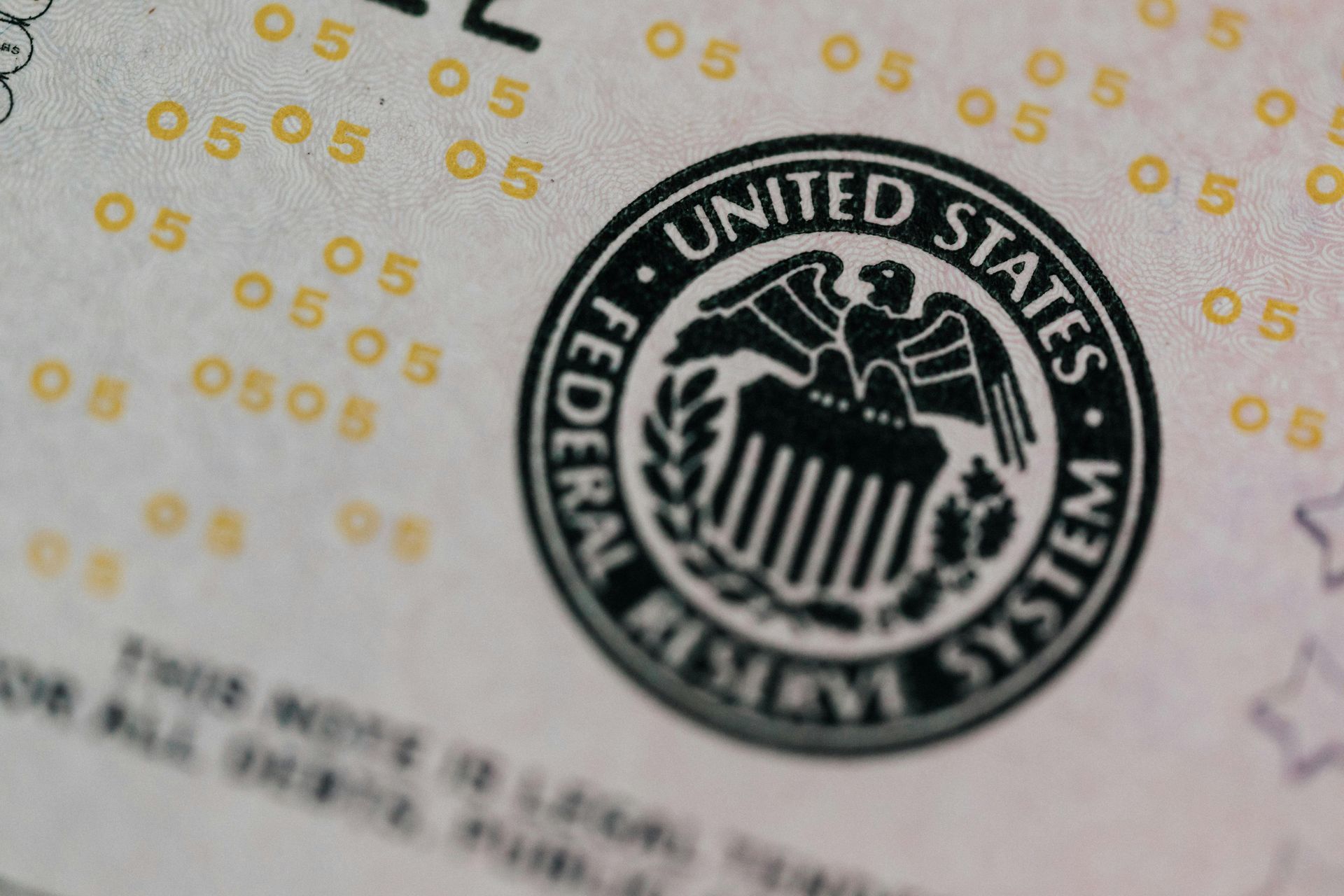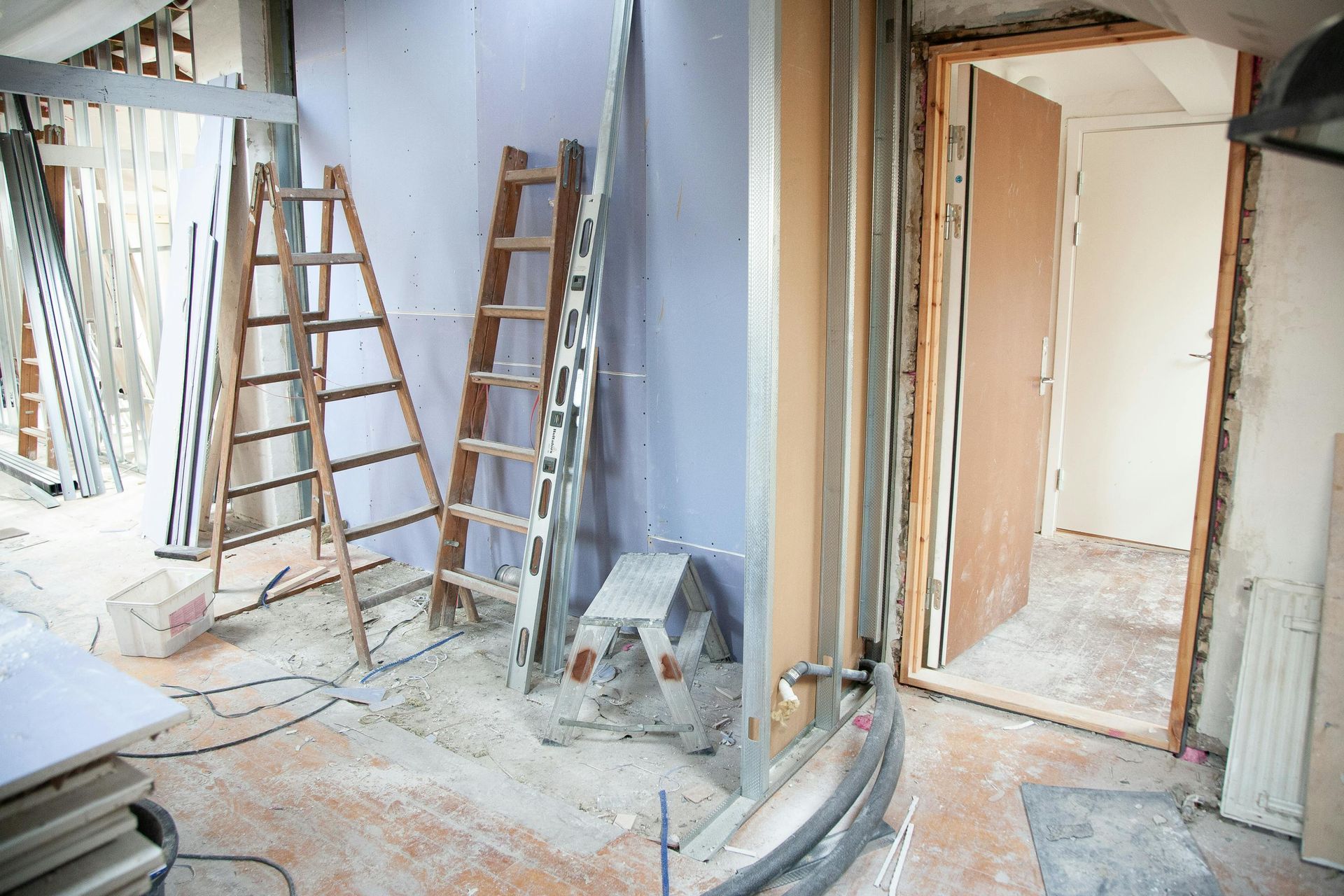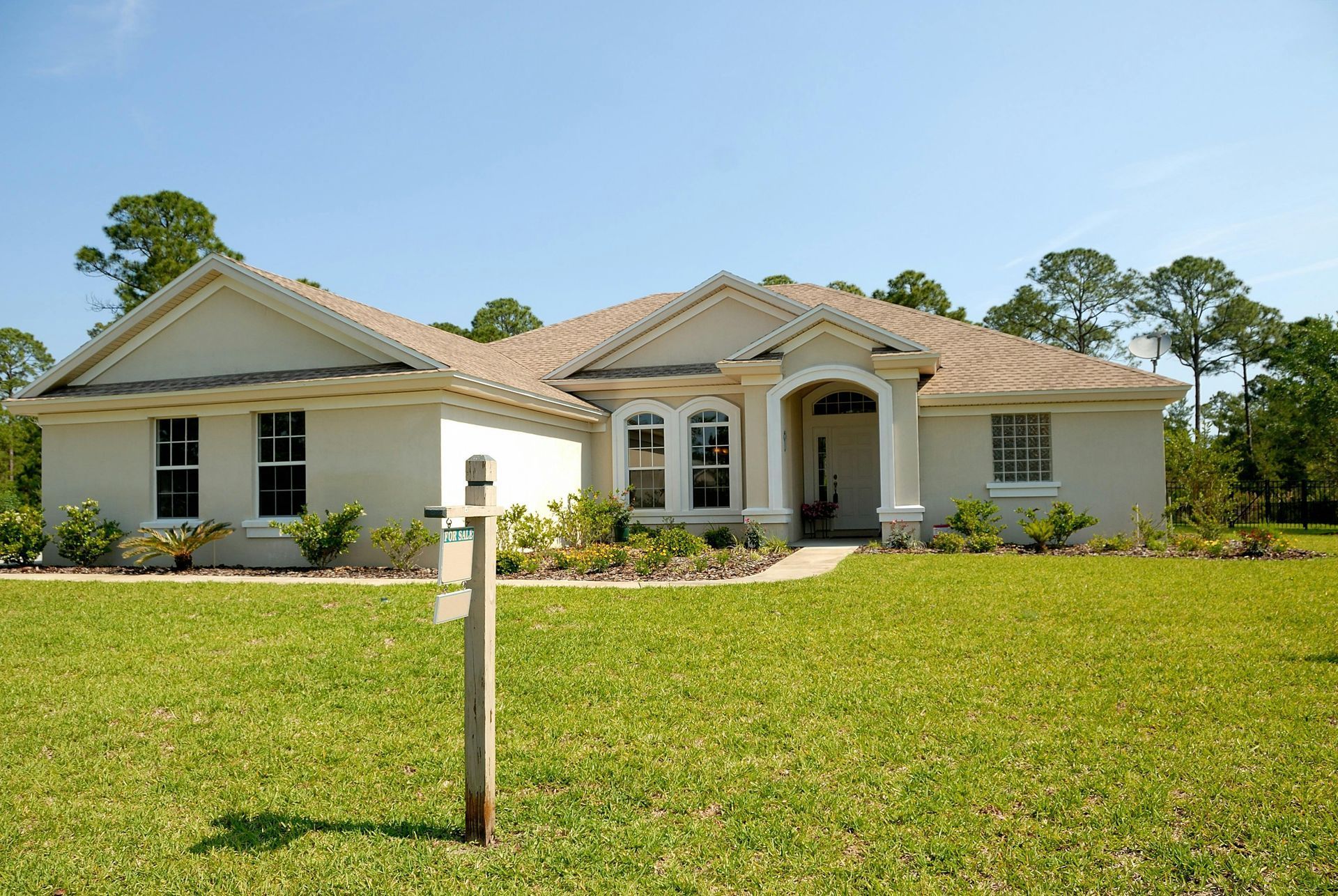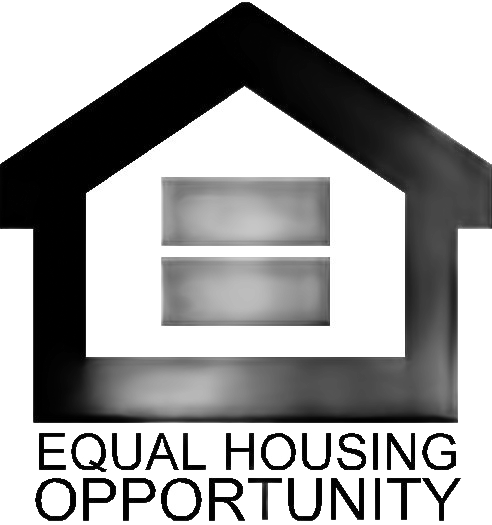What is the Difference Between a Conventional Loan and FHA?

If you're planning to buy a home, you'll probably come across two major types of home loans early on: FHA loans and conventional loans. Both are popular, but they work differently. Understanding how each one functions can help you make better decisions and avoid unnecessary costs or complications.
This guide covers the basics, including what you should know about conforming loans,
non-conforming loans,
down payment requirements, and even how to qualify for
zero down FHA home loans.
You might also hear these referred to as a conventional mortgage, conventional financing , or a conventional home loan . These are all just different ways of saying the same thing. A conventional loan can be a great choice if you have a strong credit history, stable income, and enough savings to make a down payment.
Conforming vs. Non-Conforming: What’s the Difference?
In the world of conventional loans, you will often hear the terms conforming loan and non-conforming loan. The difference lies in whether the loan meets certain criteria set by Fannie Mae and Freddie Mac.
A conforming loan follows these standardized lending guidelines, including limits on how much you can borrow. A
non-conforming loan
does not follow these guidelines. A common type of non-conforming loan is a jumbo loan, which is used for higher-priced homes that exceed conforming loan limits.
When someone asks what is a conforming loan or what is a non-conforming loan, it simply means whether the loan fits within these specific lending rules.
One of the most common questions is how much money is needed for a conventional loan down payment. While many people aim for 20 percent to avoid private mortgage insurance, the reality is that some borrowers can qualify with as little as 3 percent down, especially first-time buyers.
The required down payment will depend on your credit score, income, and overall financial profile. You do not necessarily need a large amount of cash to make it work.
If you are unsure what you might qualify for, contact Bonelli Financial Group. We can walk you through the options available based on your situation.
Qualifying for an
FHA loan
is generally easier than qualifying for a conventional one.
Requirements typically include:
- A credit score of 580 or higher, though some lenders will accept as low as 500 with a larger down payment
- A down payment of at least 3.5 percent
- Steady and verifiable income
- The home must be your primary residence
If you have asked yourself would I qualify for an FHA loan, you may be closer than you think. Many buyers are surprised at how accessible these loans really are.
Who is eligible for a FHA Mortgage?
To be eligible, you typically need:
- A credit score of at least 580 (some lenders can go as low as 500)
- A down payment of 3.5%
- Proof of stable income
- A property that will be your primary residence
If you’re wondering,
“Would I qualify for an FHA loan?”
, you might be closer than you think. Many people are surprised at how flexible the requirements are.
While FHA loans normally require a 3.5 percent down payment, there are ways to secure zero down FHA loan options. These are usually made possible through down payment assistance programs provided at the local or state level.
With the right assistance, you may qualify for
- Zero down FHA loans
- Zero down FHA home loans
- Or even zero percent mortgage financing in some circumstances
These programs are not always advertised, so it is worth speaking with a knowledgeable lender. If you are interested in exploring this possibility,
contact Bonelli Financial Group and ask about available down payment assistance options.
Are FHA loans good?
FHA loans can be an excellent option for those with poor credit or limited savings, helping expand access to homeownership.
Is an FHA loan bad?
Not inherently, but FHA loans can be more expensive over the long term due to required mortgage insurance for the life of the loan, even if you build substantial home equity
Whether you’re leaning toward a conventional loan or considering an FHA loan, both paths can lead to homeownership. It just depends on your credit, savings, and financial goals. Looking for flexibility and a lower credit requirement? FHA might be the better choice. Have good credit and a bit of money saved? Conventional financing could offer better long-term value.
If you’re still not sure where you land or have questions like
“How much down for a conventional loan?” or
“Would I qualify for an FHA loan?” , the team at
Bonelli Financial Group
is here to help.
Reach out today
for clear guidance and answers tailored to your unique situation.


